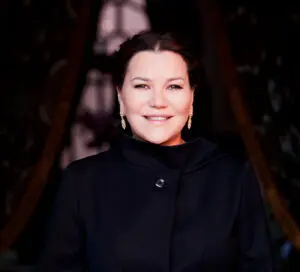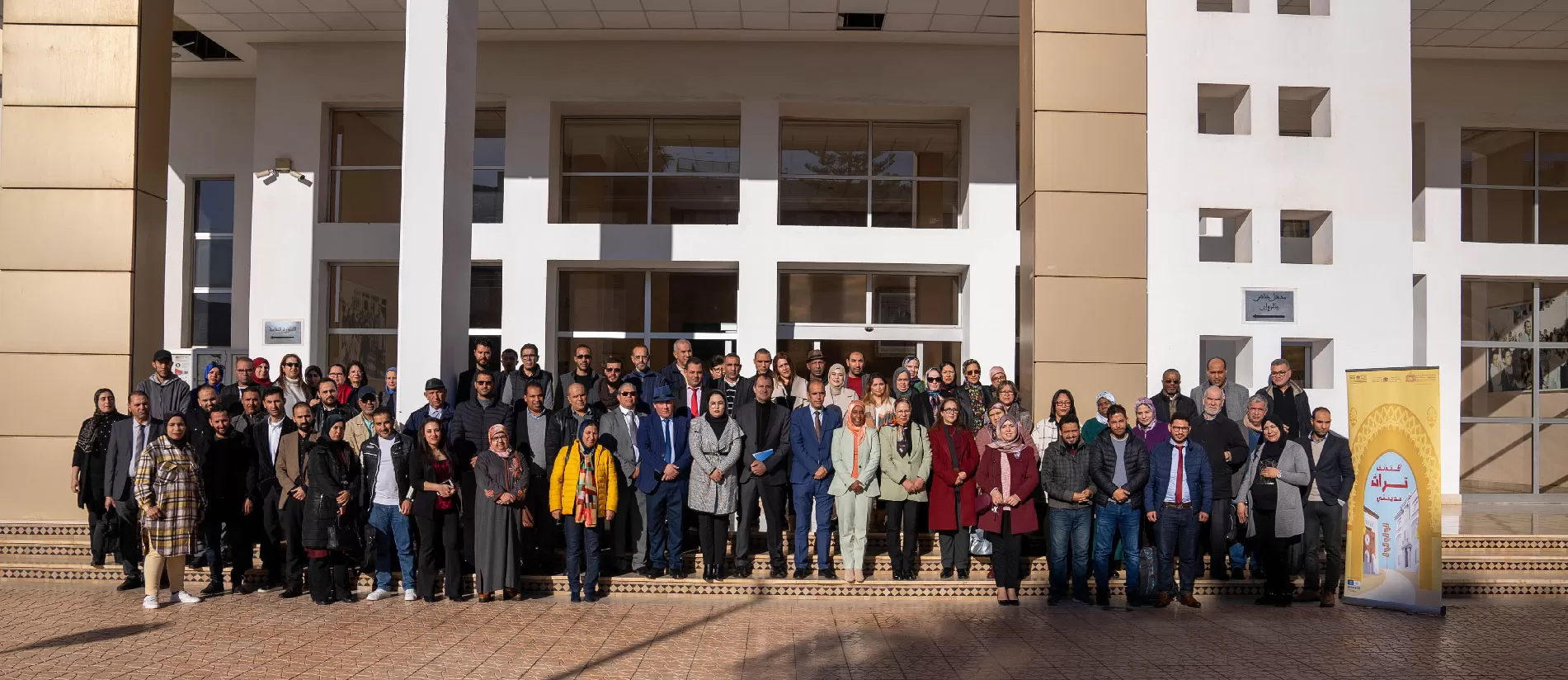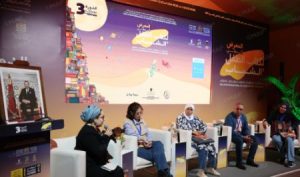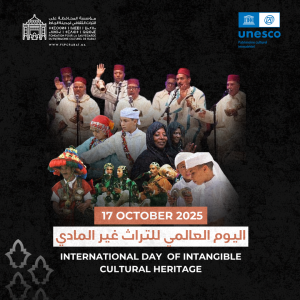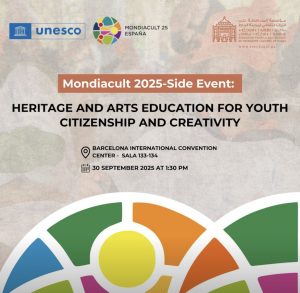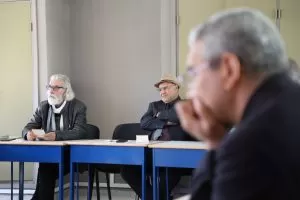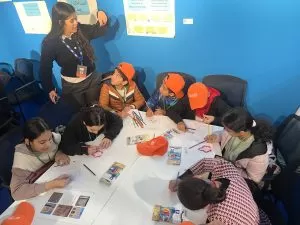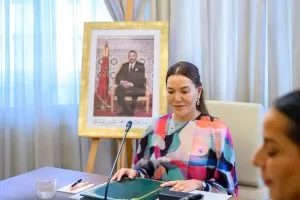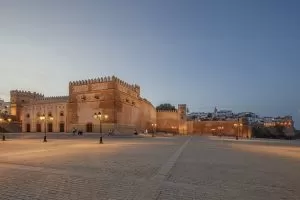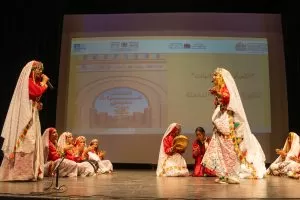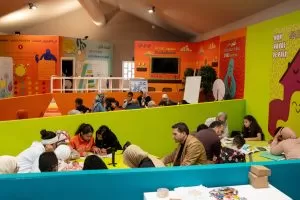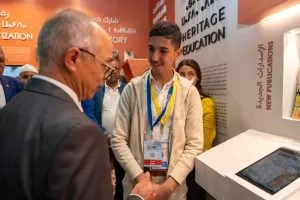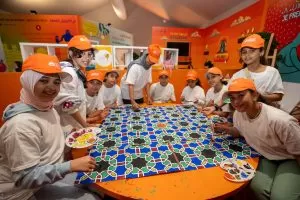January 10, 2023: The Foundation for the Safeguarding of the Cultural Heritage of Rabat trains teachers on heritage education
Launching the Second Edition of the “I Discover My Heritage” Program: Teacher Training
The Foundation for the Safeguarding of the Cultural Heritage of Rabat, chaired by Her Royal Highness Princess Lalla Hasnaa, held a training workshop for 66 teachers, as part of its “I discover my heritage” educational program, in partnership with the Ministry of National Education, Preschool and Sports and the Ministry of Youth, Culture and Communication and UNESCO at the Rabat Salé Kenitra Regional Academy for Education and Training, on Tuesday, January 10, 2023.
“I Discover My Heritage” is an educational program put together by the Foundation to introduce Rabat middle-school students to their city’s global heritage. The program uses a discovery and learning methodology that includes a heritage notebook, maps, activity sheets, visits to historical sites and a dedicated website. The program specifically seeks to facilitate access to Rabat’s cultural heritage by adapting UNESCO’s World Heritage Education Kit for Young People.
The training workshop builds teacher capacity on notions and components of Rabat’s World Heritage, leverages experience from the 1st edition and raises awareness and commitment of the program communities for safeguarding Rabat’s cultural heritage. Heritage specialists and pedagogues (from the Ministry of National Education, Preschool and Sports, the Ministry of Youth, Culture and Communication, the National Institute of Agricultural Research and UNESCO) oversee the workshop.
Teachers are trained in using the “I discover my heritage” educational kit, with the 2023 edition featuring additional fact sheets and historical information. Over 4000 students are set to benefit from educational kit activities in academic 2022-2023.
The 1st edition drew 3720 students and 62 teachers from 62 Rabat-Salé-Kenitra academy middle-schools. Along with their own teachers, previously trained in using the kit, all 3270 students performed educational kit activities and, guided by heritage experts, visited various all eight listed sites of the city of Rabat: the Almohad ramparts and gates, the Qasba des Oudaïa, the Medina, the archaeological site of Chellah, the Habous district of Diour Jamaâ, the new City, the Botanical gardens and the Hassan mosque.
About the Foundation for the Safeguarding of the Cultural Heritage of Rabat.
The Foundation for the Safeguarding of the Cultural Heritage of Rabat was created by His Majesty King Mohamed VI to preserve the material, immaterial and landscape heritage of the city of Rabat. “Rabat, Modern Capital and Historic City: a Shared Heritage” with eight major historical sites has been listed as a UNESCO World Heritage Site since 2012.
Her Royal Highness Princess Lalla Hasnaa, who chairs the Foundation, defined and initiated a comprehensive policy to raise the awareness of both inhabitants and visitors. A city’s heritage is only preserved sustainably when its population appreciates its value and takes ownership thereof.
The Foundation develops programs around three main pillars – educating, raising awareness and bringing people together. A powerful catalyst for inclusion and cohesion, Rabat’s heritage is a genuine driver of social, economic and cultural development. The Foundation regularly runs heritage discovery programs for the general public, especially targeting young people, to build an emotional connection that ensures respect for and preservation of this heritage.
Foundation programs target a variety of audiences, including the general public, professionals, institutions, private actors, and young people. As part of its educational programs, the Foundation develops educational kits, cultural heritage mediation platforms with the “Heritage Digitalization” program, in addition to hosting scientific workshops. Experts from all continents are invited to share, exchange, and advance the valuable cause of preserving cultural heritage in Morocco.
This work, carried out in a collaborative approach, combines expertise and resources, and brings together institutional, public and private actors to assert the importance of heritage protection in the Kingdom.
